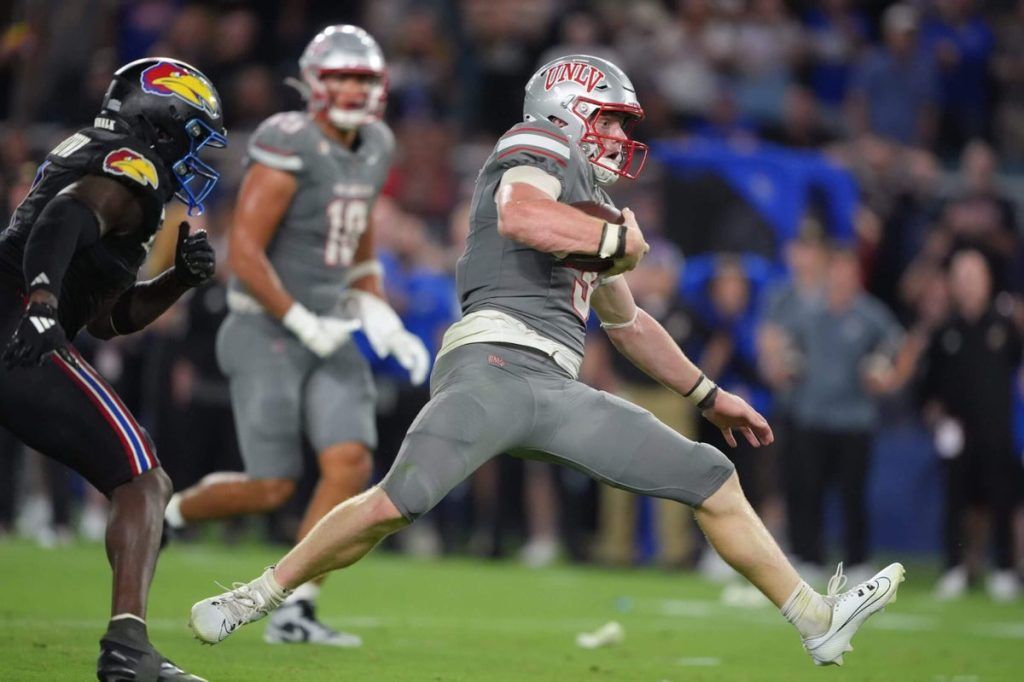The confusion and tension brewing in college football concerning player compensation erupted recently when University of Nevada, Las Vegas (UNLV) quarterback Matthew Sluka decided to quit the team, alleging that he was not paid as promised for his last season of play. Bob Sluka, Matthew’s father, told The Athletic that a verbal agreement was established in January to pay Matthew $100,000 for his final season, however, Matthew only received $3,000. Blueprint Sports CEO Rob Sine, who manages the deal, denied the existence of any such agreement, adding that UNLV has fulfilled all agreed scholarships for Matthew Sluka.
This controversy underscores the lack of clarity and regulation in the college football market, three years after allowing players to monetize their name, image, and likeness. The absence of a governing body with the power to enforce any rules for contractual agreements has led to court cases and has added to the NCAA’s failures to establish a fair business model. This incident is predicted to set a precedent on how NIL disagreements are handled in college football.
The mishap provides several key lessons for players and their programs. A key takeaway from this is the importance of having everything in writing before accepting any deal. Another lesson emphasizes the importance of choosing the right representation for players. Sluka’s agent, Marcus Cromartie, was reportedly uncertified to operate in Nevada, steaming a series of miscommunications.
Coaches also need to reaffirm their understanding of collective agreements and should ensure that they promise only what can be delivered. Lack of coordination between coaches and collective agreements led to the confusion in Sluka’s deal. Furthermore, parties involved must maintain honesty in their communications to avoid false expectations.
In cases of disagreements, players must also think through all their options and exercise caution before making impactful decisions, as hastily severing ties could lead to reputational damage and financial loss. Sluka’s abrupt exit led to him being perceived as a quitter and cost him his accrued reputation.
This controversy and its aftermath has highlighted the need for greater transparency, documentation, and professionalism in the college football sector. This incident also conveys the urgent requirement for a governing body that puts forth clear guidelines and enforces rules for contract dealings, thereby providing a fair platform for all participants in the league.


